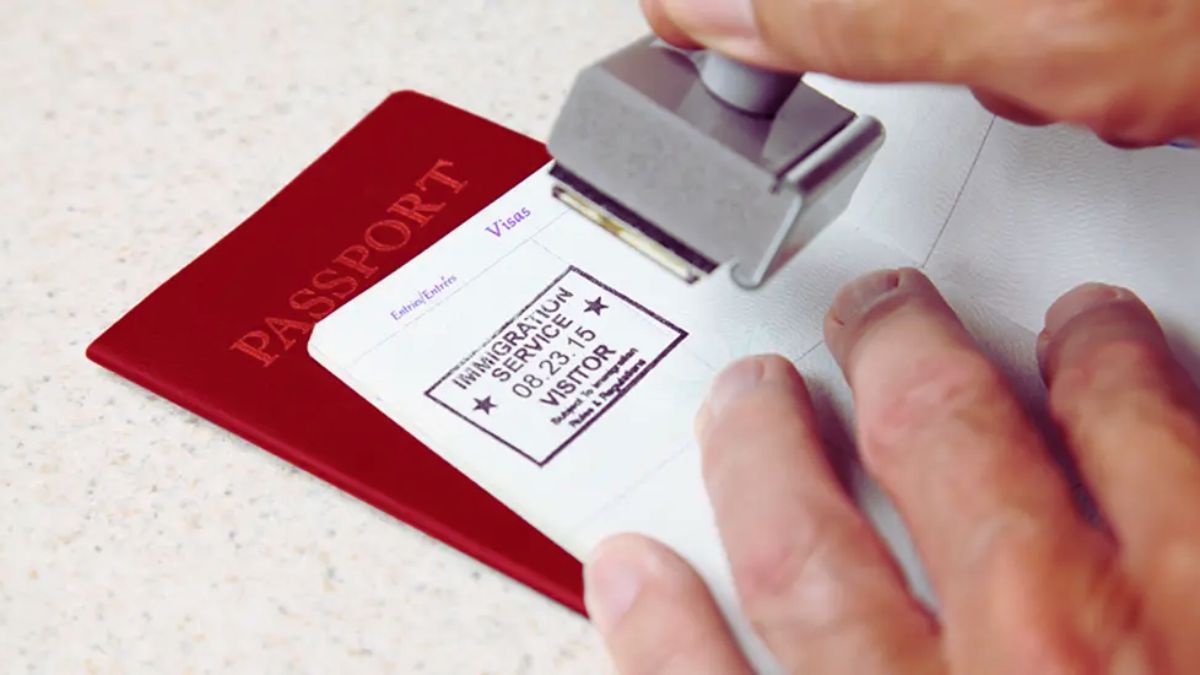Planning a trip to another country is an exciting adventure filled with the promise of new experiences, cultures, and landscapes. However, one crucial element that every traveler needs to understand and obtain is a tourist visa. In this comprehensive guide, we’ll delve into the essentials of a tourist visa, including its definition, application process, fees, validity, and the importance of travel insurance, particularly international travel insurance.
What is a Tourist Visa?
A tourist visa, also known as a travel visa or visit visa, is an official document or stamp issued by the immigration authorities of a country. This document grants the holder permission to enter the country for a limited period and for the specific purpose of tourism. Unlike work or student visas, a tourist visa does not permit employment or long-term residence.
Types of Tourist Visas
- Tourist visas can vary significantly depending on the country you are visiting. Generally, they can be categorised as single-entry or multiple-entry visas.
- Single-entry Visa: Allows one-time entry into the country. Once you leave, you cannot return without applying for a new visa.
- Multiple-entry Visa: Permits multiple entries into the country within a specified period, offering more flexibility for travelers.
Tourist Visa Process
The application process for a tourist visa can differ based on the destination country. However, the general steps include:
Research Requirements: Each country has specific requirements and guidelines for issuing tourist visas. It is essential to visit the official consulate or embassy website of the country you intend to visit.
Complete the Application Form: Fill out the tourist visa application form accurately. Some countries provide online application forms, while others may require a physical form.
Gather Necessary Documents: Typical documents required for a tourist visa include:
Valid passport with at least six months of validity remaining
- Passport-sized photographs
- Proof of travel arrangements (flight tickets)
- Proof of accommodation (hotel reservations)
- Financial statements or proof of sufficient funds
- Travel insurance or international travel insurance
Submit the Application: Submit your completed application form along with the required documents to the relevant consulate or embassy. Depending on the country’s process, this can often be done in person, by mail, or online.
Pay the Tourist Visa Fees: Visa fees vary widely depending on the destination and type of visa. Ensure you check the exact amount and payment method accepted by the consulate or embassy.
Attend the Visa Interview: Some countries may require an in-person interview as part of the visa application process.
Wait for Processing: The processing time for tourist visas can vary from a few days to several weeks. It’s advisable to apply well in advance of your planned travel dates.
Receive Your Visa: Once approved, your tourist visa will be either stamped in your passport or provided as an electronic document.
Tourist Visa Fees
- Tourist visa fees can range from nominal to substantial amounts, depending on the country and the type of visa. Factors influencing the cost include.
- The processing speed (standard, expedited, etc.)
- Whether it is a single-entry or multiple-entry visa
- Additional services such as application assistance or courier services
- Always check the latest fee structure from the official sources to avoid any surprises.
Tourist Visa Validity
The validity of a tourist visa defines how long you are allowed to stay in the destination country. This validity period can vary widely:
Short-term Visas: Valid for a few weeks to three months.
Long-term Visas: Some countries offer tourist visas valid for up to six months or even a year.
It is crucial to adhere to the specified validity period to avoid any legal issues or penalties.
Importance of Travel Insurance
Travel insurance, particularly international travel insurance, is a critical component of any trip abroad. Many countries mandate proof of travel insurance as part of the visa application process. Key benefits of having travel insurance include:
Medical Coverage: Protection against unforeseen medical expenses while traveling.
Trip Cancellation: Reimbursement for prepaid, non-refundable expenses if your trip is canceled for covered reasons.
Baggage Loss: Compensation for lost, stolen, or damaged luggage.
Travel Delays: Coverage for additional expenses due to travel delays.
When applying for a tourist visa, having comprehensive travel insurance can facilitate a smoother application process and provide peace of mind during your travels.
What is a Visit Visa?
A visit visa is often used interchangeably with a tourist visa. Still, it can also encompass visas for visiting family or friends. The application process, requirements, and conditions are similar to those of a tourist visa, with the primary distinction being the purpose of the visit.
Conclusion
Understanding the intricacies of a tourist visa is essential for any international traveler. From knowing the different types and the application process to recognizing the importance of travel insurance, being well-prepared can ensure a hassle-free travel experience. Always start your visa application well in advance, ensure all your documents are in order, and consider securing comprehensive international travel insurance to safeguard against any unexpected incidents. With these steps, you’ll be ready to embark on your adventure with confidence and ease.


